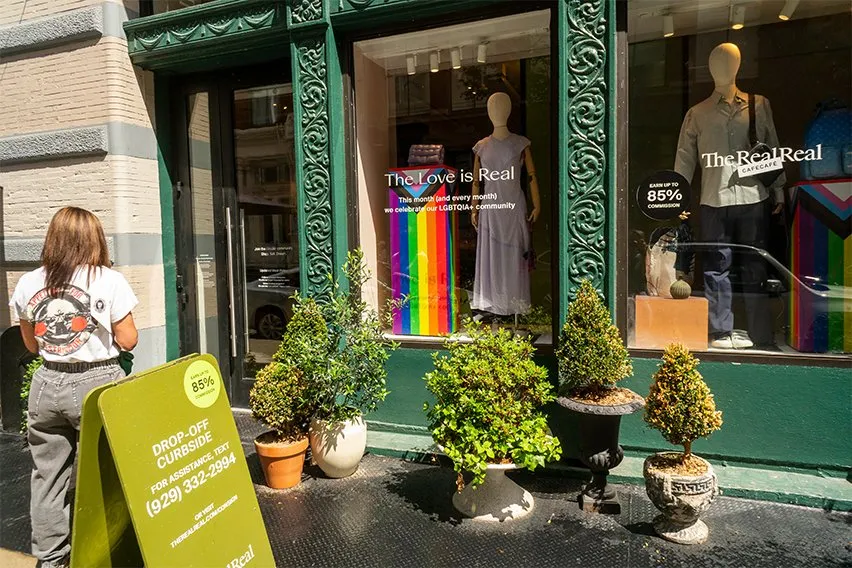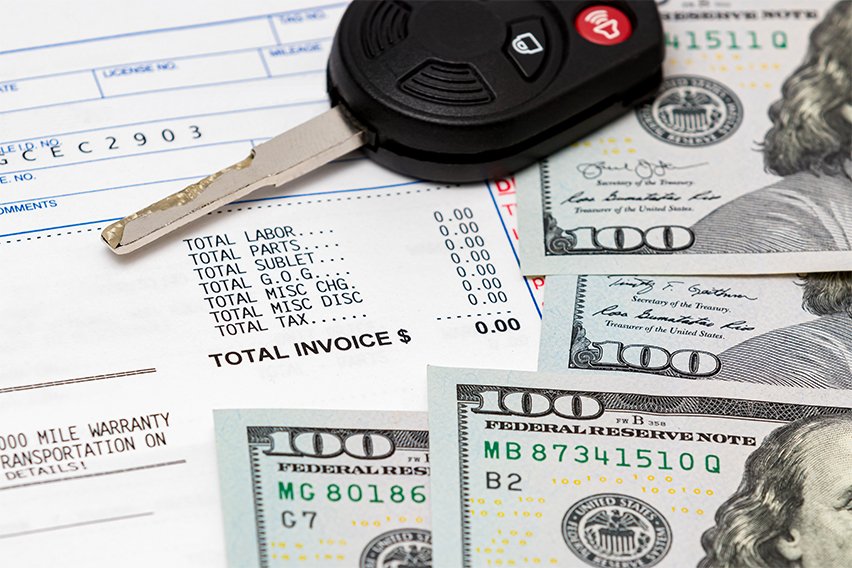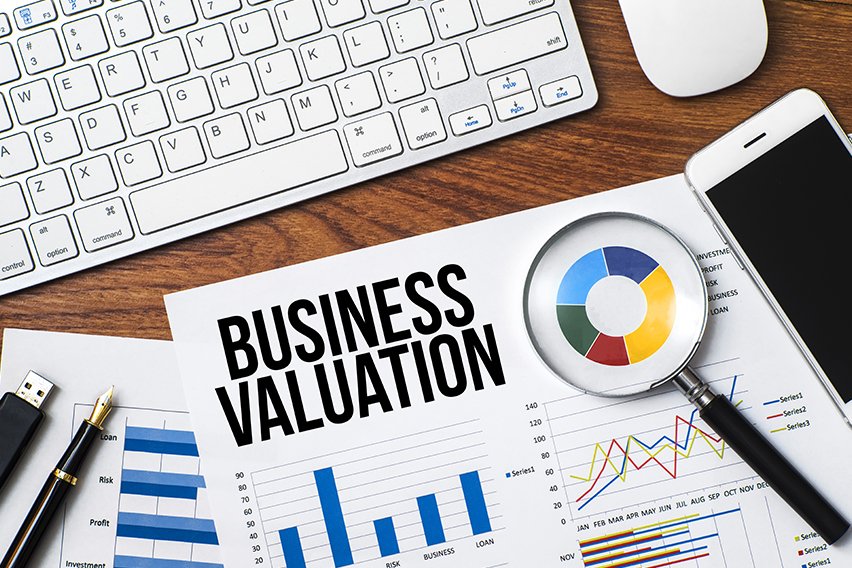Consignment Sales: What Is & How Does It Work?

Not all businesses sell new goods. In fact, not all businesses sell their own goods! An example of a business that operates like this is a consignment shop. Consignment shops are like standard storefronts. However, their merchandise is acquired in a different manner. Are you looking to start a small business? Look into consignment sales below, and decide if a consignment shop is right for you!
Here’s What We’ll Cover:
Advantages of Consignment Sales
Disadvantages of Consignment Sales
What Are Consignment Sales?
Consignment sales are a bit different than regular retail sales. A standard retail sale consists of a business selling a product, and pocketing all of the money made from the transaction. A consignment sale consists of a business selling a product for someone else. They hold and house the products in their storefront. Then, when the product sells, the shop keeps a percentage of the sale as a fee. The rest of the money is then given to the third party.

How Do Consignment Sales Work?
When it comes to consignment sales, there are two parties involved before sales are made. These are the consignor and the consignee. The consignor is the person providing the goods. The consignee is the business selling them. There are a handful of types of products that are consigned frequently:
- Motor vehicles
- Clothing (maternity clothes, baby clothes, etc.)
- Art
- Furniture
As such, there are clothing shops, art galleries, and used car lots that run entirely on consignment. A consignor will leave the items with the consignee. They’ll agree on the fee taken by the consignee. Then, the consignee will provide a certificate to consignors detailing the agreement.
Consignment Sales in Accounting
When selling goods on consignment, the business doesn’t have to record a journal entry when goods are received. In fact, no journal entries are recorded until the goods are sold. At that point in time, income and expenses are recorded. The transaction produces money for the business, but the business then has to provide money to the consignor.
Advantages of Consignment Sales
But why would people do this? With the amount of consignment shops open, there are some distinct advantages to this business model. They exist for both the business owners and the third parties using the business. Customers can also take advantage of consignment sales.
Advantages for Business Owners
Consignment businesses are good for business owners for a number of reasons. Check them out below:
- No money being spent to acquire inventory
- Unsold goods can be returned at no cost (no money lost)
- Goods aren’t paid for until they’ve sold
Advantages for Consignors
When sending items to be sold on consignment, consignors are given some advantages as well.
- Costs are saved on inventory storage if they have a lot of stock
- Listings don’t have to be created to sell items, saving time
- Consignors don’t need a retail storefront
Advantages for Customers
The biggest advantage to customers is the selling price of goods. Consigned goods are often sold at more affordable prices. When faced with purchasing a new item or a consigned item, they’ll often choose the consigned item. Most consumers are looking to avoid a retail selling price when they can.

Disadvantages of Consignment Sales
Of course, every coin has another side. When looking at the disadvantages of consignment sales, you’ll see the following issues arise. They aren’t party specific in most cases, so we’re outlining them for all parties in one section.
- There is less money to be made. This directly applies to businesses and consignors. When selling consigned goods, consignors don’t make as much as they would if they sold the items themselves. In turn, businesses make less money as well, since they’re only making money for sales and not from the items directly.
- Items may not sell. Depending on the products being sold, there’s no guarantee that they’ll sell. This affects all parties. If goods are unappealing, then there is no money to be made. It also means that customers aren’t benefiting from the items.
- Inventory can become an issue. Depending on the items being stocked, businesses may end up with too much or too little inventory. This can make the business itself unruly, and it can affect relationships with customers.
Key Takeaways
Consignment businesses aren’t for everyone. Accounting can become difficult for business owners, if not taken care of properly. The business also tends to be low in revenue. However, if you can find your consignment niche, then business may take off! If you’re considering starting a business centred around consignment sales, do your research. The best place to start is our resource hub! Check it out today.
RELATED ARTICLES

 What Is Cost Breakdown Structure?
What Is Cost Breakdown Structure? 9 Essential Components of a Business Plan
9 Essential Components of a Business Plan Understanding the Top Business Valuation Methods
Understanding the Top Business Valuation Methods ASPE Vs IFRS: What’s the Difference?
ASPE Vs IFRS: What’s the Difference? Push Vs Pull Strategy: What’s the Difference?
Push Vs Pull Strategy: What’s the Difference? What Is a Suspense Account?
What Is a Suspense Account?